
What are the most innovative heating systems in 2024?
The heating systems aiming to simultaneously achieve two important objectives – reducing consumption and emissions of environmentally harmful substances, as well as cutting costs on bills – are increasingly prevalent in the market.
This is particularly relevant in light of upcoming measures for the installation of heating systems operating without fossil fuels. What will the boilers of the future look like? And what are the most innovative alternatives?
Thanks to the opportunities already available, there are new paths to explore. Let's look at them together.
Heat Pumps
The main feature of heat pumps lies in their technology, which allows reliance on renewable energy sources for both heating and domestic hot water production.
- They transfer heat from a low-temperature source to a higher-temperature source.
- An air-source heat pump, for example, utilises the natural circulation of external air around the residence or building.
- It consists of an outdoor unit and one or more indoor units. In the winter, the colder external air is transformed into warm air for indoor spaces.
- Conversely, in the summer, the cycle is reversed to expel hot air from indoor spaces and introduce fresh air.
Heat pumps effectively represent a new phase in the category of innovative home heating systems. However, condensing boilers remain highly reliable at present.
They currently achieve good levels of energy efficiency, resulting in cost savings. Condensing boilers recover energy from exhaust gases, thereby helping to reduce the production of pollutants, especially CO2.
Thermal Solar Panels
Thermal solar panels are already a viable solution, yet among the most innovative heating systems, thermal solar panels stand out. Undoubtedly, they represent an eco-friendly heating option that harnesses solar energy, particularly for the production of domestic hot water.
A thermal solar system can be used independently or connected to condensing boilers, forming a hybrid system.
The solar system is capable of meeting almost the entire heat demand for heating or domestic hot water. The condensing boiler intervenes to ensure the full functionality of the system.
This solution helps reduce the consumption of methane and fossil fuels, limiting it to only the heating phase or a specific portion of it, as the contribution from the thermal solar panel system remains.
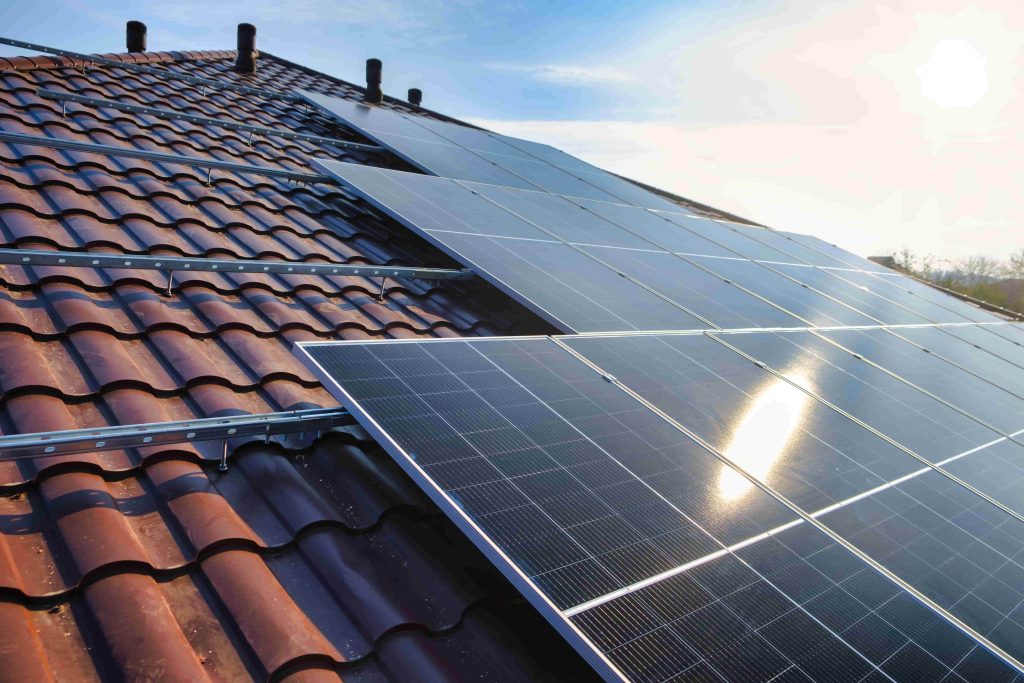
Electric Heating
Another option to consider is an electric heating system to completely avoid the use of methane gas. This includes electric underfloor heating, where electricity serves as the heat carrier.
For the production of electrical energy, one can rely on a photovoltaic system, but this entails significant investments in infrastructure, in addition to the cost of electricity itself, which is often subject to market fluctuations, sometimes substantial.
Zeolite hybrid boiler
Among the future home heating systems is the zeolite hybrid boiler.
- Zeolite is a porous mineral stone that rapidly absorbs water vapour.
- A zeolite boiler equipped with a solar collector operates by heating the fluid inside it using solar energy.
- The fluid passes through a heat exchanger, facilitated by a circulation pump.
- Demineralized water transforms into steam, activating the zeolite, which heats the fluid.
- At this point, the fluid is directed towards the heating system.
In this type of boiler, a synthetic version of the mineral is used, providing high energy efficiency with low carbon dioxide emissions. Currently, prices are quite high so it is necessary to evaluate how the market will behave in the coming years.
Micro cogeneration
Another alternative already present in large environments such as hospitals is micro cogeneration, which can also find a place in domestic settings.
Cogeneration refers to the simultaneous production of heat and mechanical energy, transformed into electricity.
- In a domestic context, the heat dissipated by the gas-fueled engine is utilised for heating and domestic hot water.
- The same engine produces electrical energy for domestic use.
Combustion cells are the most common form of home microgeneration. These cells convert hydrogen produced electrolytically into electricity.
Then there are biomass boilers that operate with substances derived from organic or animal and plant materials, including pellets.
They contribute to reducing the environmental impact of heating systems because the energy comes from renewable sources and the recycling of waste. On the other hand, they are bulky and, therefore, require sufficient space for both installation and raw material storage.
How to heat home by spending less?
The management of a heating system undoubtedly has a significant impact on both consumption and costs. Even if it is innovative and cutting-edge, there is always the risk of spending more than anticipated.
Factors such as the size of the spaces to be heated and the geographical area, which can be milder or harsher throughout the year, should also be considered.
This is where the tools available to users for careful management come into play. These are the devices that make up an intelligent heating system, such as smart electric radiators and smart valves and thermostats.
- They allow for easy programming of system activation and deactivation, based on the habits of the occupants of the house.
- They enable immediate intervention with a simple click through the smartphone app, especially in the case of unexpected events such as an early or delayed return from work, school, or vacation.
- The functionality is further personalised by geolocation, where the smart program detects the users' positions: the system activates when they are nearby and turns off when they move away.
- The sensors equipped in smart thermostatic valves detect the potential presence of an open window, temporarily suspending heating in the affected room.
- The Multizone function is another added value, allowing for the setting of different temperatures for each space, depending on their usage, both remotely and while at home.
The future is already here.
Other articles
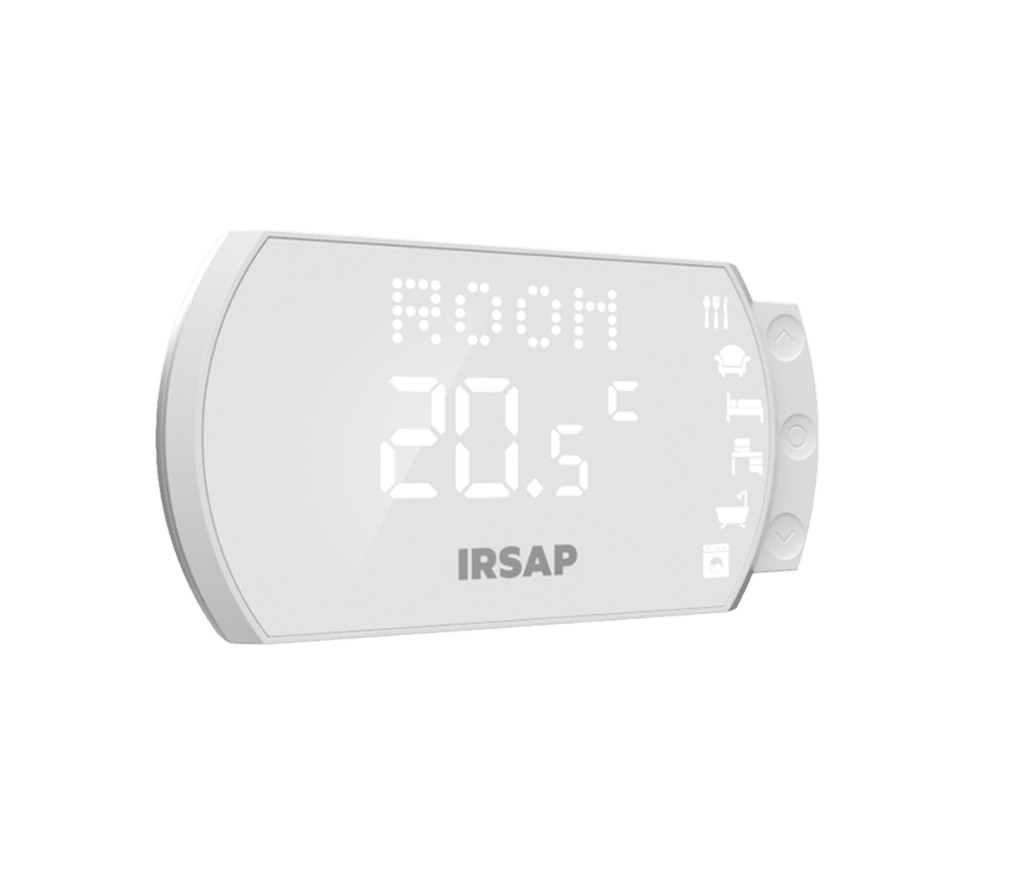
Smart Thermostat
Replace your traditional thermostat with our wireless smart thermostat with advanced functions to easily set the temperature and accurately measure the temperature.
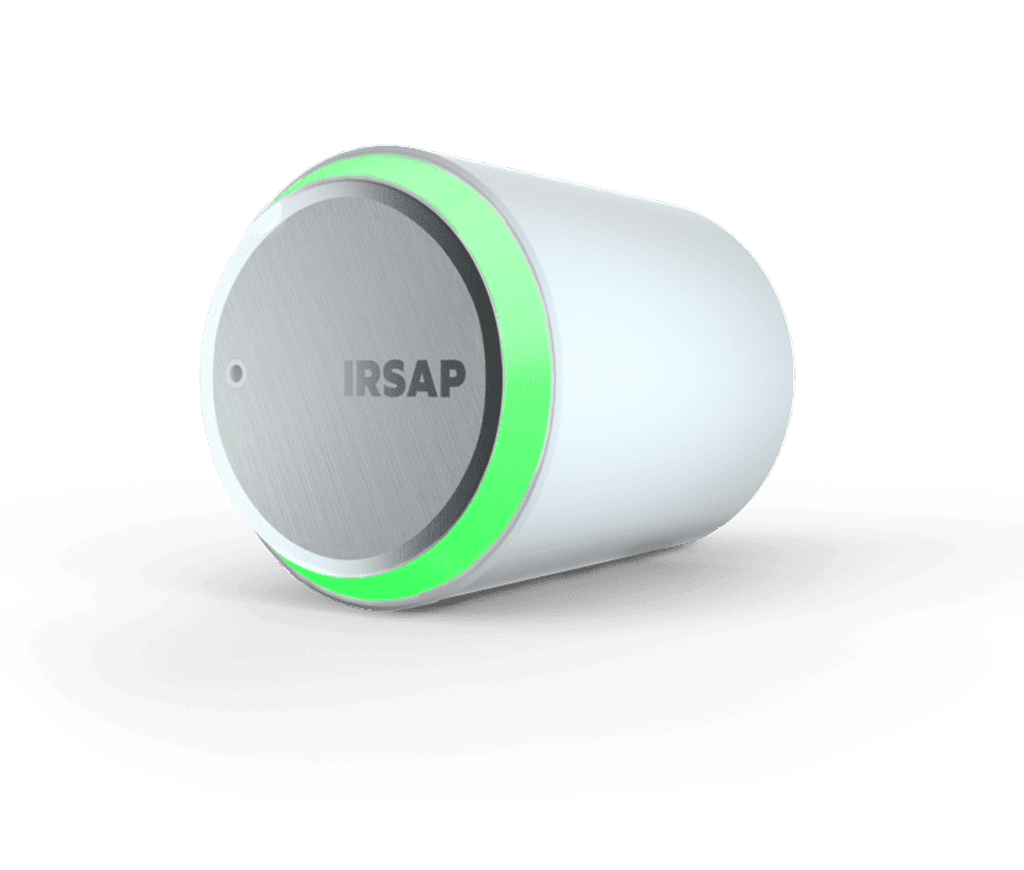
Smart Valve
Control the temperature of each room separately. Our wireless thermostatic valves are compatible with all radiator brands and leading hydraulic valve manufacturers.
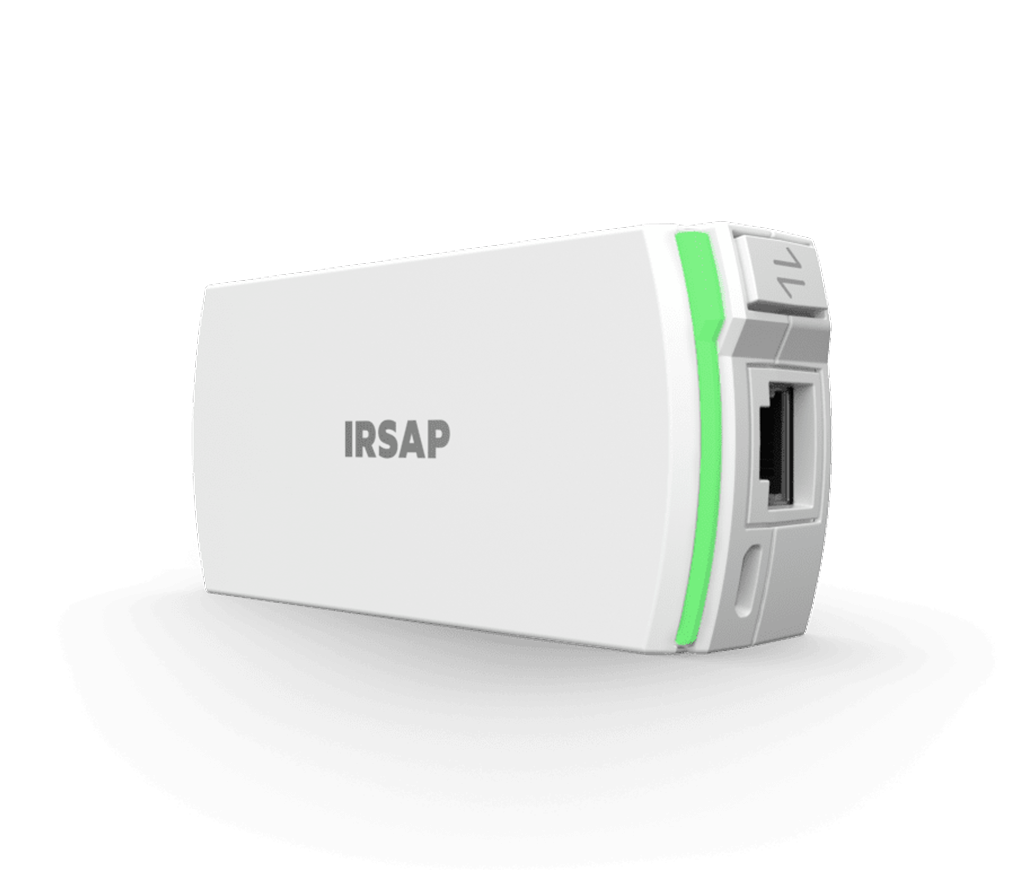
Connection Unit & Repeater
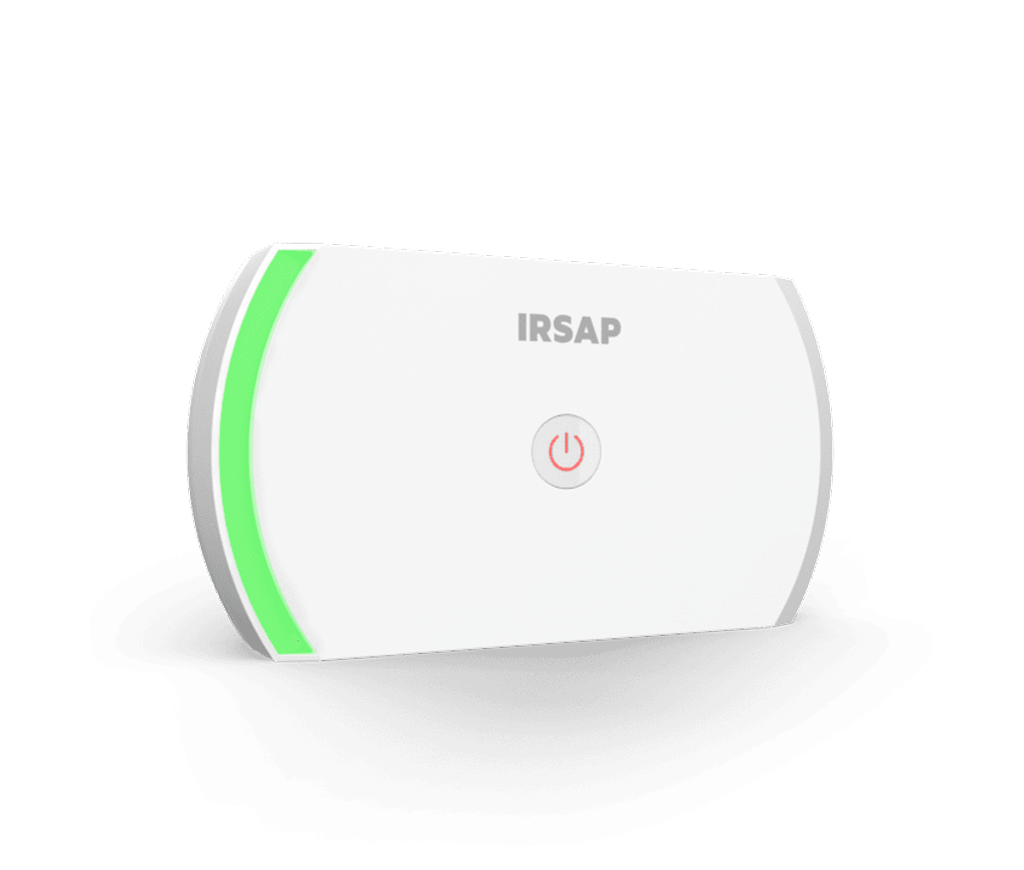
Starter
The Starter is the device which, when connected to your heat generator (boiler or heat pump), manages its switching on and off.






